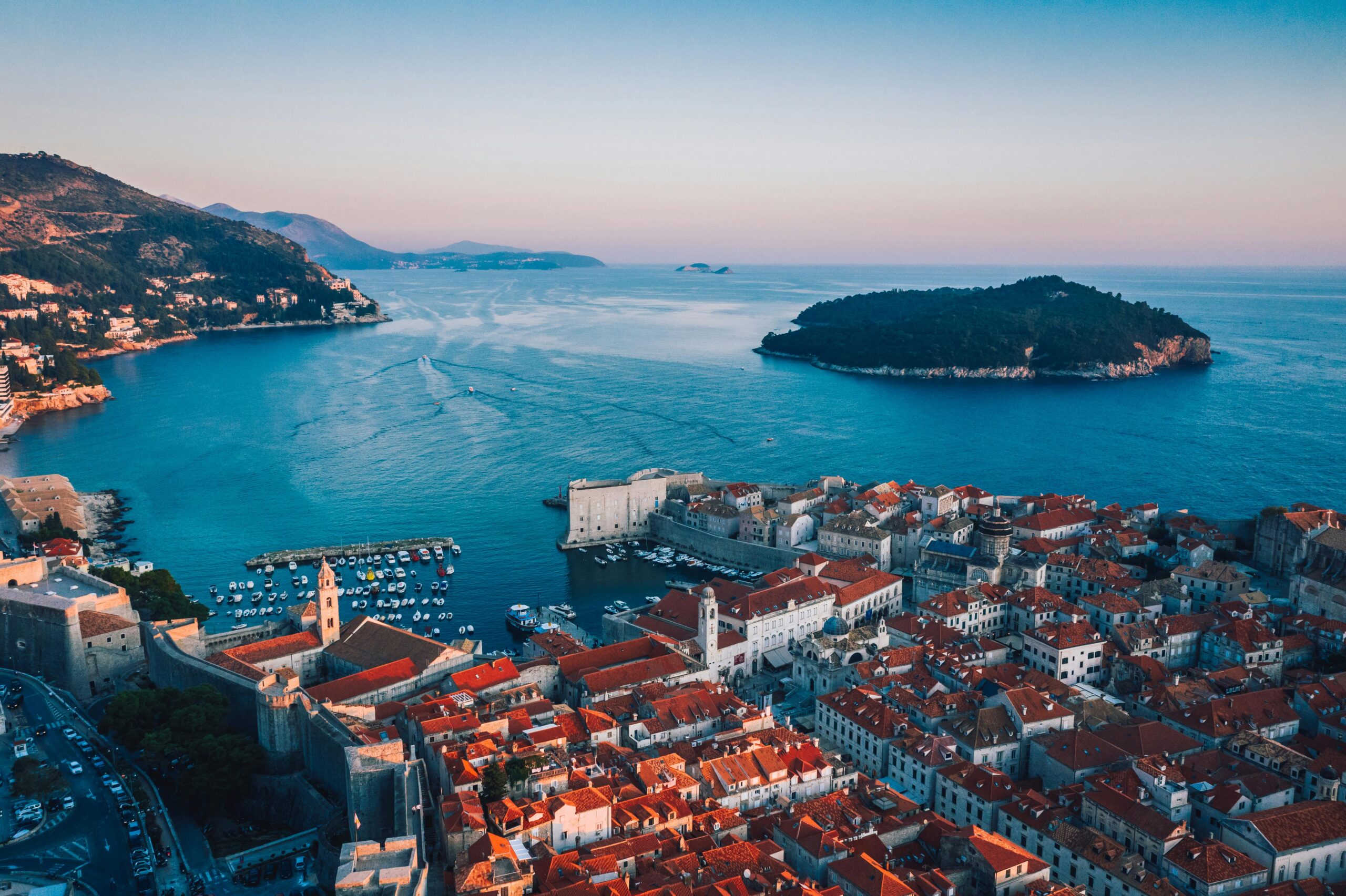Wanderlust 2.0: How Artificial Intelligence Is Shaping the Future of Travel

Artificial Intelligence (AI) is transforming the travel industry across the entire customer journey—from initial inspiration and planning, through operational logistics, to sustainable tourism initiatives. Destinations and service providers that adopt AI wisely can optimize costs, elevate experiences, and position themselves as digitally forward. This article explores AI’s current impact, its potential, the challenges involved, and what progress looks like—for international destination management companies like Anse Travel DMC.
Industry Adoption
Major travel platforms such as Booking.com, Priceline, Expedia, Kayak, and OpenTable are increasingly integrating agentic AI – systems that not only chat but complete transactions like booking flights or restaurant reservations. Booking Holdings, in particular, has made AI a strategic investment, deploying AI trip planners and automated assistants across its brands. Expedia has followed suit with tools like Romie and integrations with OpenAI and Microsoft Copilot to guide users conversationally through every stage of the booking journey.
📊 AI in Travel – Key Industry Statistics
- 78 % of travel agencies using AI report improved customer satisfaction, and 82 % plan to expand AI integration in their customer-facing services.
- 60 % of travel brands are expected to increase AI investment within two years, with 45 % already using AI for predictive demand forecasting and dynamic pricing, enhancing revenue performance.
- 55 % of online travel platforms use AI-powered search and recommendations, leading to a 30–40 % increase in booking conversions and a 30 % boost in operational forecasting accuracy .
- AI chatbots now handle 60–70 % of routine customer inquiries, achieving up to 85–90 % customer satisfaction rates .
- 65 % of travelers prefer brands that employ AI for personalized experiences, and 83 % are more likely to book with travel providers offering AI-enhanced services.
- Virtual tours and AI-powered travel content drive 40–60 % higher user engagement, generating greater interest and lead conversion .
Personalization & Customer Experience
AI-driven personalization is redefining travel recommendations. Machine learning models analyze travelers’ past behavior, preferences, and context to surface tailored itineraries, accommodation options, and activities . Tools like Expedia’s Instagram-to-itinerary feature convert social media inspiration into concrete trip plans, bridging the gap between dreaming and booking. Beyond booking, advanced AI systems, such as Google’s Gemini-powered agents, support multimodal interactions – handling complex requests via text, images, or video.
Operational Efficiency & Predictive Insights
AI also drives major efficiency gains. Real-time algorithms optimize airline routes by reacting to weather and fuel consumption – all to reduce emissions and delays. Hotels and airlines rely on AI for predictive maintenance and crew scheduling, minimizing downtime and environmental impact . AI-powered dynamic pricing ensures optimal revenue, adjusting in real time based on demand and competition.
Sustainability & Resilience
A strong theme in recent innovation is sustainability. AI tools help reduce food waste in hospitality (e.g., Winnow’s work with Iberostar) and improve hotel energy efficiency. Projects like American Airlines’ collaboration with Google avoid contrail formation, cutting aviation’s greenhouse effect. Destination planners use AI to monitor visitor volume, ensuring environmentally sensitive areas are protected. Sustainability reporting from bodies like WTTC confirms that AI is critical for responsible resource management, although many players still need formal AI strategies and talent to realize this potential
Challenges & Human Oversight
Despite its promise, AI is not without limitations. Data privacy and regulatory compliance remain top concerns, especially under frameworks like GDPR. Integration hurdles exist, as many travel firms lack sufficient AI infrastructure or skilled personnel. Additionally, AI can produce errors—such as inappropriate itinerary suggestions—underscoring the need for human oversight and quality control. While agents streamline many processes, complex logistics and nuanced traveler needs still require human intervention, highlighting a hybrid future.
Emerging Trends & Future Outlook
Agentic AI is the biggest evolution: systems that perceive, plan, and act autonomously on behalf of users – booking flights or dining reservations without manual input. Multi-agent systems like “Vaiage” show promise, using multiple AI agents to create fully customized and context-aware travel plans, scoring highly in user tests. Voice-activated AI assistants, AR/VR previews, and hyper-personalized experiences are next. Gartner and WTTC anticipate that AI adoption in travel will accelerate sharply by 2026, unlocking growth but demanding AI literacy and ethical guardrails


